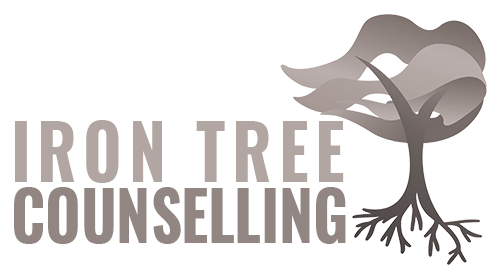Overcoming Procrastination

How To Overcome Procrastination:
-
Normalize Procrastination – It Happens to Everyone
-
Reframe How You Think about Goals
-
Learn a More Effective Strategy to Accomplish any Problem
-
Begin Working on Your Next Task Now
Do you struggle with procrastination? Is it hard to finish something once you’ve started it? Often, the hardest part is simply beginning the task. Once you sit with it for a few minutes, you might find yourself getting into the zone. Is that true for you?
Procrastination can affect anyone. For some, it’s like a persistent plague, lingering without any sign of leaving. Despite your best efforts to develop routines, set SMART (Specific, Measurable, Attainable, Realistic, Timely) goals, and muster all your willpower, dedication, and courage, procrastination can still win. You may find yourself requesting accommodations or extensions for projects that are due, thereby increasing the stress you experience and possibly other mental health issues.
While finding a solution to procrastination requires more than reading a single article, I want to offer a different way of thinking about setting goals that might help you act now rather than later.
Focus on the Process, Not Just the Outcome
To overcome procrastination and accomplish your goals, it’s not just about the effort you put in, but how you use that effort that truly matters. Goals are often discussed in terms of outcomes. For example, the goal of writing this article is to finish it. The goal of a soccer game is to win. The goal of a paper that is due is to complete it. These are admirable goals, but if you struggle with procrastination, you’ve likely set these goals countless times without accomplishing them. You might find yourself repeating these goals in your head, feeling overwhelmed, disappointed, and even like a failure.
The key to accomplishing any end goal is to instead focus your effort on the process. The process is more important than the outcome. Paradoxically, when you focus on completing process-oriented goals (also known as implementation intentions), the end goal often gets accomplished as a result.
Setting Process Goals
Process goals, or implementation intentions, are the small steps that lead up to a goal. Let’s use an example to illustrate this:
Outcome Goal: Finish a 20-page paper.
A typical plan to reach this goal might involve writing two pages a day at 7 a.m. for ten days. A process goal, however, would be to write for 20 minutes every day at 7 a.m. for a week. At the end of the week, you can assess your progress and adjust as needed. A realistic and simple approach might be to sit at your desk with your computer open to the document for 20 minutes. If you end up writing, great. If not, you are still processing and becoming more comfortable with the idea of writing the next time you sit down.
Why This Helps You Overcome Procrastination
This method helps remove the fear of failure that can occur if you set yourself up to write two pages within a specific time frame and fall short. Even the most resilient person can feel incompetent if this happens repeatedly.
You might wonder, “Why would I sit and stare at my computer for 20 minutes when I have a paper to write? Isn’t that a waste of time?” My response is: if you’ve tried everything else and still haven’t written your paper, what’s the worst that could happen? Is sitting in front of your computer more wasteful than the other activities you might do instead of writing?
During grad school, I often found myself cleaning or organizing instead of working. It wasn’t until I sat in front of my work, breathed for a few minutes, and kept my expectations low that I started to write and be productive – this greatly helped me to overcome procrastination issues.
Tips for Implementing Process Goals
1. Set Measurable, Time-Based Goals: Focus on time spent rather than the outcome. Set a timer for a specific amount of time. When it goes off, take a break for a predetermined period, then repeat.
2. Eliminate Distractions: Set up your environment to minimize distractions. Consider working in a different location where you won’t be disturbed.
3. Be Kind to Yourself: Accept that you might not accomplish the outcome goal immediately. Understand that by trying new methods, you’re actively working to change your procrastination habit.
If you continue to struggle with overcoming procrastination, there may be deeper reasons behind it. Feel free to reach out to me for a free consultation to see if counselling could help you.
By focusing on process goals and being intentional with your time, you can start to overcome procrastination and achieve your goals. Remember, progress is progress, no matter how small.




